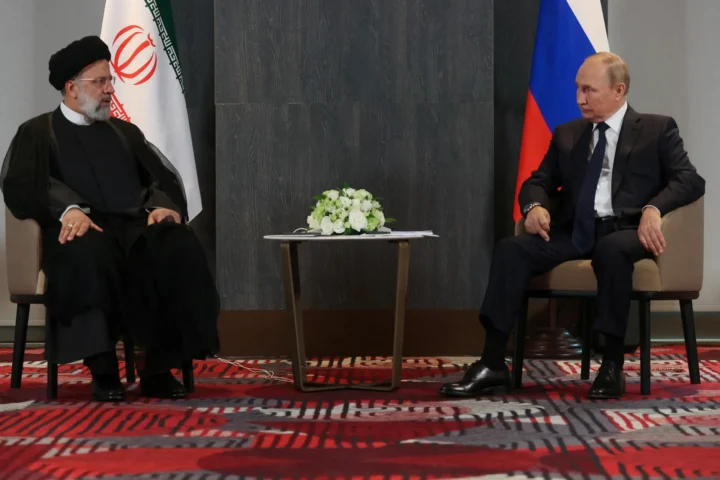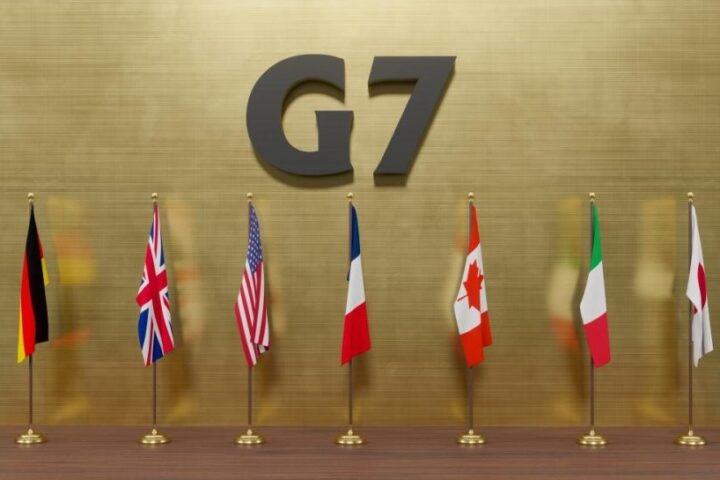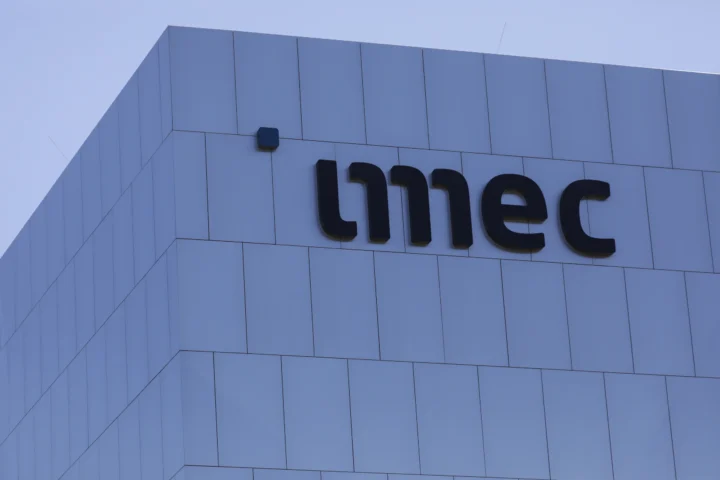At a joint summit, Nigeria officially asked for South African endorsement to join the important economic blocs. South Africa recently assumed the rotating G20 presidency.
The Nigerian government on Monday signaled a desire for South Africa’s endorsement to join the G20 and BRICS groups of leading and emerging economies.
Nigeria’s Minister of State for Foreign Affairs, Bianca Odumegwu-Ojukwu, officially made the request on a trip to Cape Town for bi-annual talks between the two countries, sometimes seen as political and economic rivals.
However, South Africa, which assumed the rotating G20 presidency on Sunday, welcomed the request.
“We will count on Nigeria’s wise counsel as we assume this major responsibility,” Minister of International Relations Ronald Lamola was quoted by Nigerian news agency NAN as saying.
“Our people expect South Africa and Nigeria, given our common roots, to continue working together and more closely in order that their conditions and prospects are improved and the quality of life enhanced,” he added.
At the same summit, known as the Bi-National Commission Meeting (BNC), the two countries pledged closer cooperation in key areas of development such as mining and infrastructure.
BRICS account for major share of global GDP
In addition to being a member of the G20 bloc of the world’s biggest economies, South Africa was also an early member of the BRICS group of emerging economies meant to offer an alternative to Western dominance. Other members include China, Russia, and India.
According to European Union figures, the BRICS group, which comprises nine nations, now represents about 37% of global GDP. Recently, several other African nations have joined, such as Egypt and Ethiopia.
On Tuesday, Odumegwu-Ojukwu and Lamola are expected to present their draft communique on Nigerian membership of both groups to South African President Cyril Ramaphosa and Nigerian President Bola Tinubu for their approval.
Earlier this year, President Tinubu announced a series of ambitious reforms that he hopes will diversify Nigeria’s oil-dependent economy and revive flagging growth.








